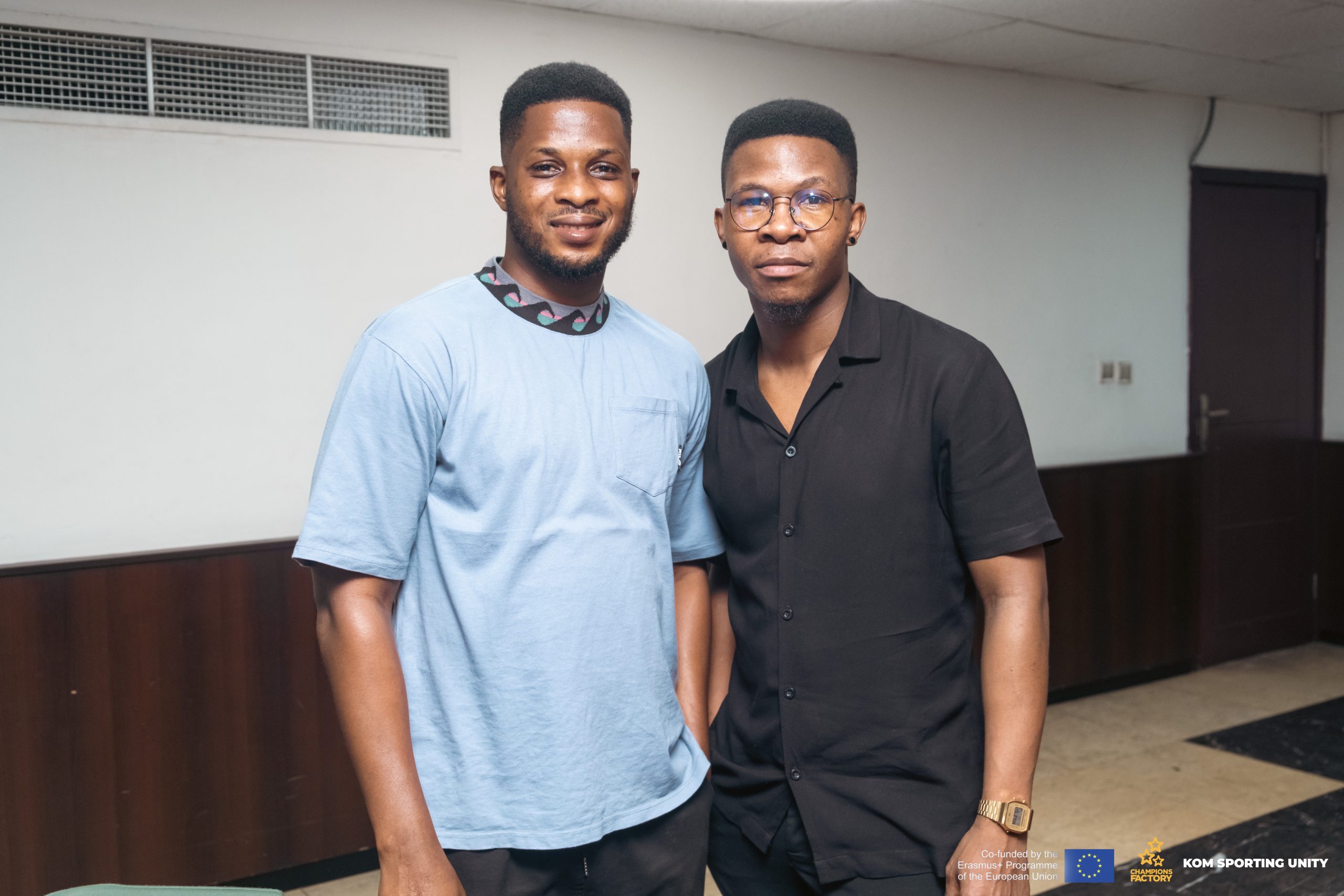SayPro Chief Operating Officer Clifford Legodi has long championed responsible and ethical youth travel. As the SayPro Southern Africa Youth Project Erasmus+ Ghana Travel program grows, Legodi’s voice continues to shape how young people approach cultural exchange—not as passive tourists, but as conscious and respectful participants in local communities.
Legodi believes that one of the most critical dimensions of any international youth program is how visitors interact with host communities. “It’s not just about seeing a new place—it’s about learning from it with humility and contributing in a way that respects local values and needs,” he says.
To achieve this, Legodi has implemented a framework that guides ethical engagement across all SayPro Erasmus+ travel initiatives:
1. Pre-Departure Training in Cultural Sensitivity
SayPro requires all participants to undergo rigorous orientation sessions that focus on Ghanaian history, cultural customs, language basics, and community etiquette. Youth are encouraged to ask questions, examine their own assumptions, and prepare to listen before acting. “Ethical engagement begins with being informed and self-aware,” says Legodi.
2. Community-Led Projects and Consent-Based Participation
A core principle of SayPro’s programming is that any local project—whether a cultural activity, volunteer session, or interview—must be community-driven. Legodi stresses that projects are co-designed with Ghanaian community leaders, youth, and organizations. Nothing is imposed from the outside.
“Engagement must be invited and mutually beneficial,” he explains. “We work in partnership, not in charity.”
3. Respecting Local Economies and Avoiding Exploitative Practices
Legodi has introduced guidelines to ensure that SayPro participants support local economies ethically. This includes:
- Purchasing goods from locally-owned vendors.
- Using ethical photography practices (asking permission before taking pictures).
- Avoiding activities that commodify or exoticize communities.
“We must dismantle the savior narrative,” Legodi emphasizes. “Our youth are there to learn and exchange, not to ‘fix’ or exploit.”
4. Language of Empowerment, Not Pity
One of Legodi’s top concerns is how participants speak about their travel experiences once they return home. Youth are encouraged to share stories that honor the dignity, resilience, and knowledge of the people they met, avoiding sensational or stereotypical language.
“We train youth to be storytellers of solidarity, not of sympathy,” he says. This approach contributes to a broader shift in how Africa is represented globally—something Legodi is deeply passionate about.
5. Long-Term Relationships and Feedback Loops
SayPro maintains ongoing relationships with host communities through continued dialogue and collaborative planning. Legodi insists that communities be given a platform to evaluate the impact of the exchange and provide feedback on improvements.
“This isn’t a one-off visit. It’s a long-term relationship built on trust,” he notes.
Conclusion
Under Clifford Legodi’s ethical leadership, the SayPro Southern Africa Youth Project Erasmus+ Ghana Travel program has set a new standard for community-centered youth exchange. His commitment to mutual respect, sustainability, and empowerment ensures that participants not only gain transformative experiences, but leave behind a legacy of integrity and genuine connection.
SayPro Southern Africa Youth Project Erasmus+ Ghana Travel program.


Leave a Reply